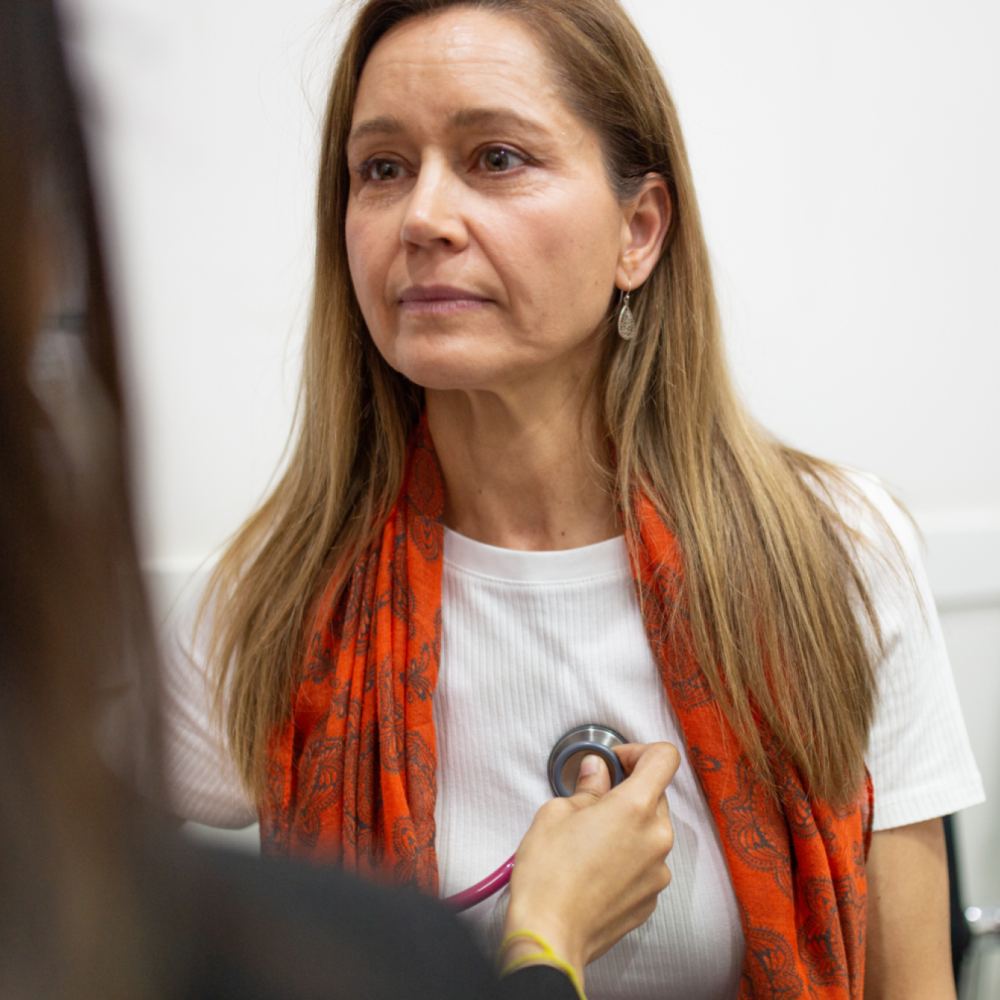What is PHASES?
PHASES (Preventing Heart Attacks and Stroke Events through Surveillance) is a $12.5 million statewide initiative that aims to reduce the burden of cardiovascular disease (CVD) by strengthening primary care in Queensland. PHASES focuses on empowering general practice, Aboriginal health and allied health professionals to lead the charge in identifying risks early and offering holistic care, including social prescribing and lifestyle interventions.


Why it matters
- CVD causes one in four of all deaths and accounts for 1,619 hospitalisations per day.
- Over half of Australian adults live with three or more modifiable risk factors for CVD.
- 80% of CVD events are preventable with early interventions.
- Queensland’s CVD death rate is 5% higher than the national average, disproportionately affecting rural and socioeconomically disadvantaged populations.
- 76% of Australians aged 45–74 at high risk of CVD are not receiving recommended preventive care.
Goals of PHASES
- Empower primary care to Improve early detection and prevention of CVD.
- Strengthen the role of consumer-led primary care in preventing disease progression and reducing hospitalisations.
- Build a sustainable primary healthcare model that integrates multidisciplinary teams and prioritises preventative care.
Stakeholders and partners
PHASES is a collaborative effort involving:
- Consumers: Central to the success of PHASES, individuals are empowered to take proactive steps in managing their cardiovascular health by attending their GP or Aboriginal Health Service for preventive care and guidance.
- General practice, Aboriginal health and allied health practitioners: The backbone of PHASES, including GPs, nurses, and practice staff, who deliver personalised, preventive care and ensure the project’s implementation at the point of care.
- Primary Health Networks (PHNs): Stewards of primary care improvement across Queensland, leading implementation and engagement with general practice and AHTs.
- Queensland Health (QH): Co-funder of PHASES, responsible for acute care services and supporting statewide health system planning and sustainability.
- Australian Department of Health and Aged Care (DoHAC): Co-funder of PHASES, overseeing primary and community care initiatives nationally.
- Heart Foundation: Advocacy organisation promoting awareness and action to support cardiovascular health in communities.
- Royal Australian College of General Practitioners (RACGP) and Australian College of Rural and Remote Medicine (ACRRM): National and rural GP organisations, providing education, training, and support for general practice excellence.
- Hospital and Health Services (HHSs): Key providers of hospital services, focusing on managing advanced CVC care and reducing the burden on acute care systems.
- National Aboriginal Community Controlled Health Organisation (NACCHO): peak body representing Aboriginal community-controlled health organisations. Advocates for community-developed solutions that contribute to the quality of life and improved health outcomes for Aboriginal and Torres Strait Islander peoples.
PHASES is grateful to also have the support of:
- Australian Medical Association Queensland (AMAQ)
Letter of Support (PDF) - Australian Cardiovascular Alliance (ACvA)
Letter of Support (PDF) - Healthcare Improvement Unit (HIU), Clinical Excellence Queensland (CEQ), Queensland Health
Letter of Support (PDF)